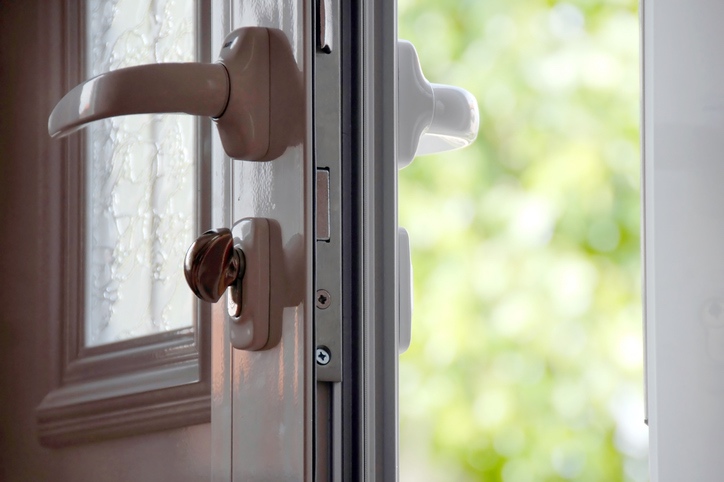5 mistakes that can void your homeowner’s insurance
Once a homeowner’s insurance policy is purchased, it’s often ignored until it’s needed.
However, common mistakes can render your policy void if you aren’t mindful of its limitations. For peace of mind, avoid these five errors.
1. Failing to properly secure your home
Do your part to prevent theft from occurring.
Leaving the doors and windows unlocked or open, leaving a spare key outside where it can be discovered by a thief or leaving valuables unsecured outside could void your insurance policy in the event of a break-in. In many cases, homeowner’s insurance policies only cover theft when there is evidence of forced entry.
2. Leaving the home unoccupied
When it comes to damage covered by your homeowner’s insurance, it is expected that you will notice the problem early on and work to fix it as quickly as possible. An unnoticed problem in an unoccupied home may not be covered.
While insurance companies will cover a typical vacation, a house unoccupied for a month or more may be vulnerable. Ask a friend or relative to check on your property at least once a week, and speak with your insurance broker before you leave home for more than a couple of weeks.
3. Home renovations
Always inform your insurance company about renovations to your home. Failure to do so can void your policy. While completing renovations, it is important to use professional contractors who are licensed and insured, otherwise any damage caused by the renovations may not be covered. DIY home improvement projects can save you money, but you can quickly lose all of those savings if something goes wrong.
4. Running a business from home
Running a business from your home may not invalidate your homeowner’s insurance policy, but you might be surprised by what is not covered: people visiting your home for business matters, equipment that is primarily used for your business and any inventory in your home, will be excluded from a typical residential policy. A loss or injury related to commercial could fall squarely on your own shoulders.
5. Making excessive claims
This one is a tough one to deal with because chances are the claims you make are completely valid. However, if you make too many claims over the lifetime of your policy, the company can deem you high-risk and choose to end coverage. As such, it is important to weigh the risks and benefits of the situation before you make a claim.
Keep in mind that every policy has its own specific terms. Speak with a broker to ensure you understand what mistakes could void your policy.
